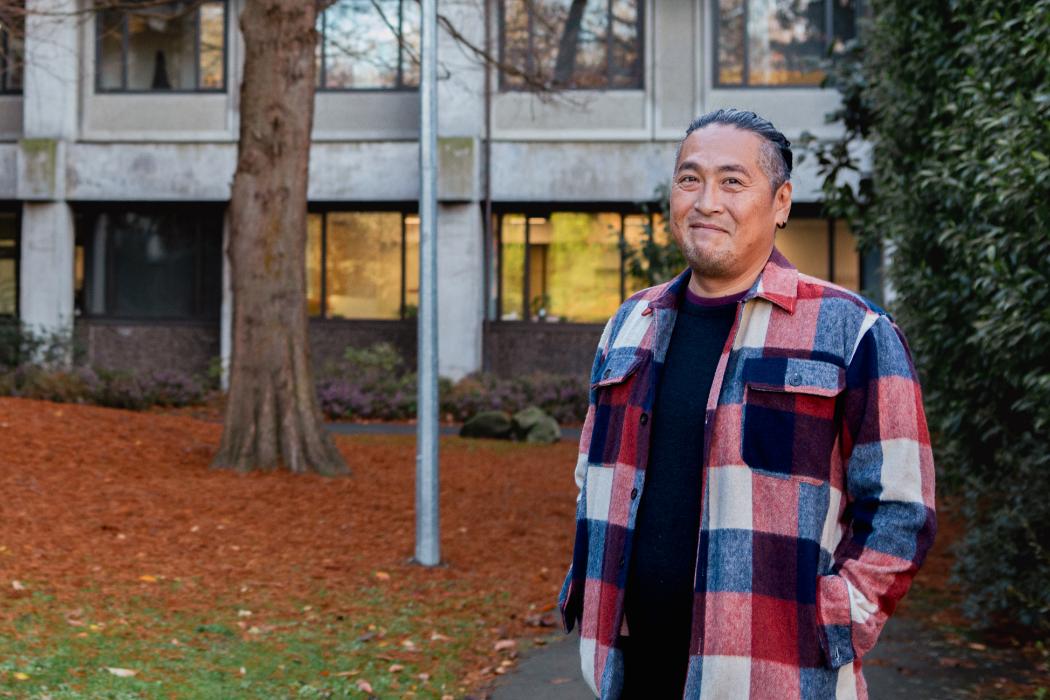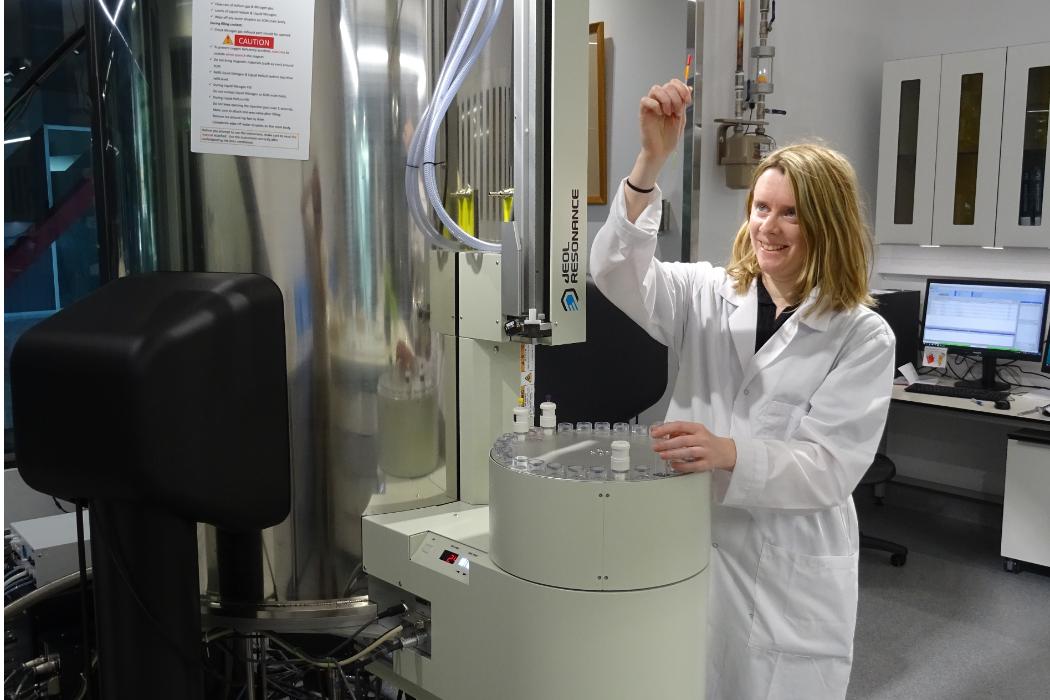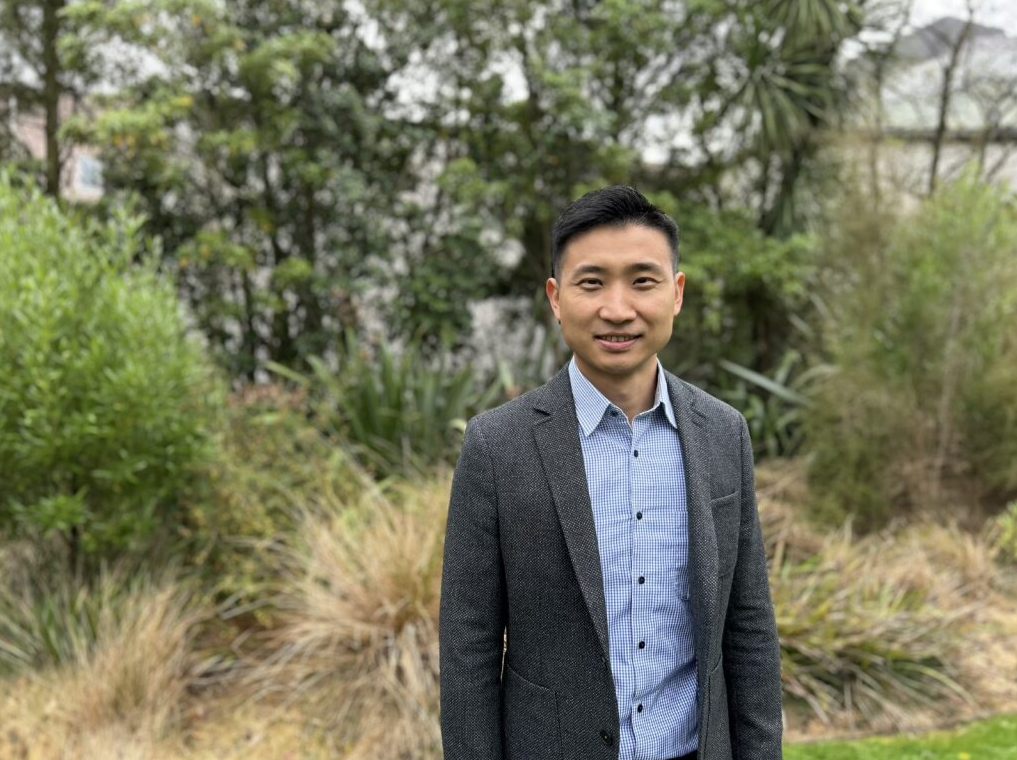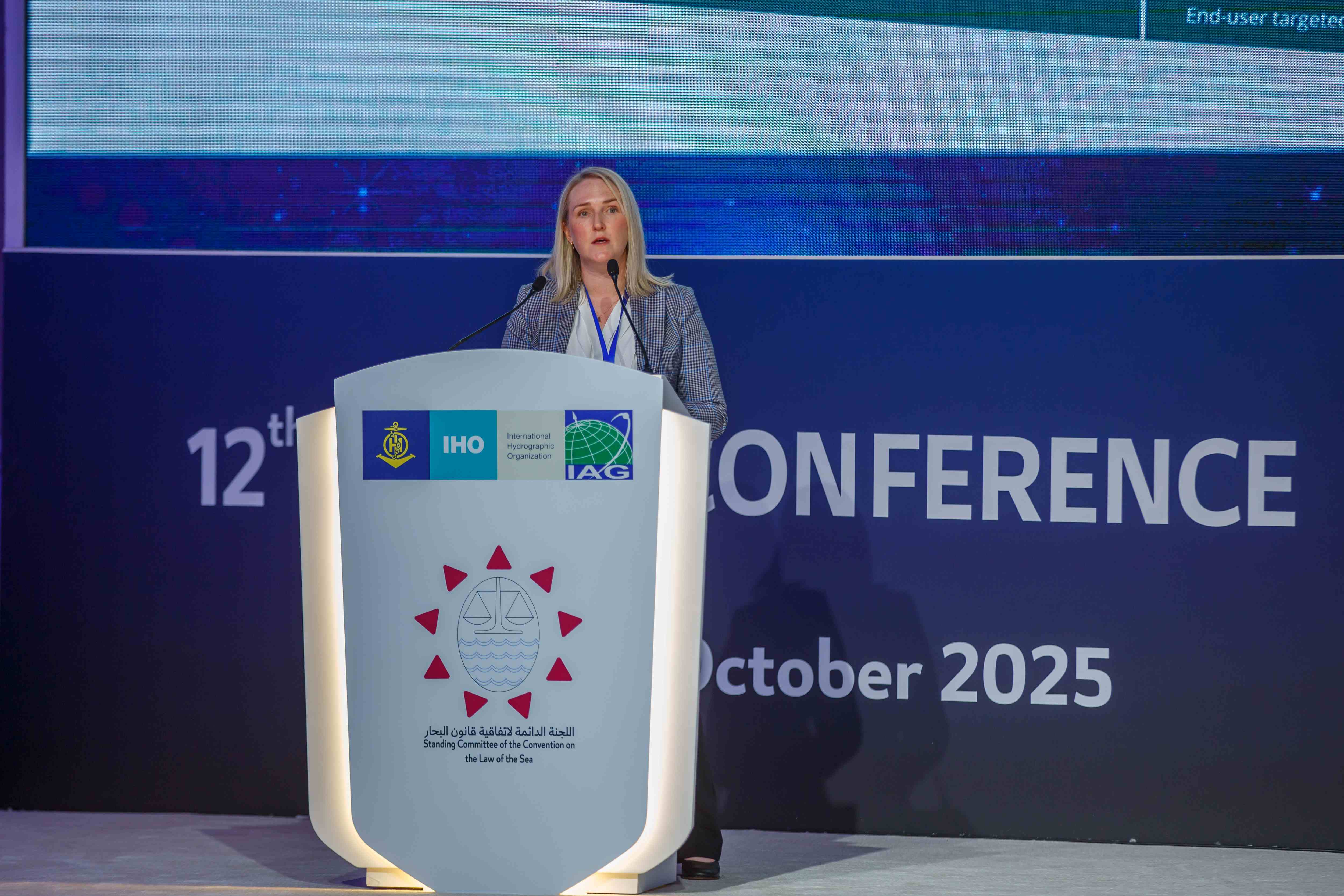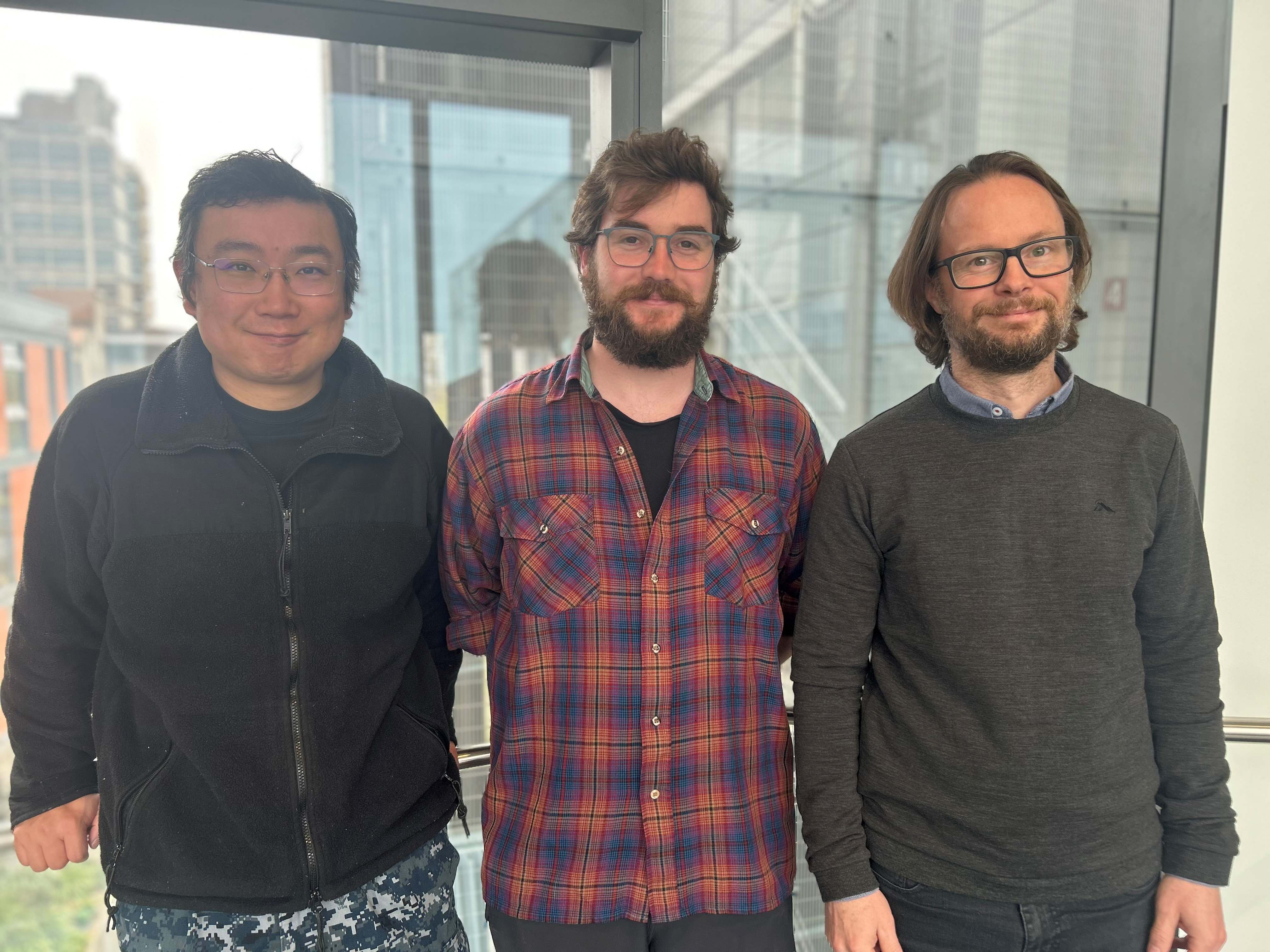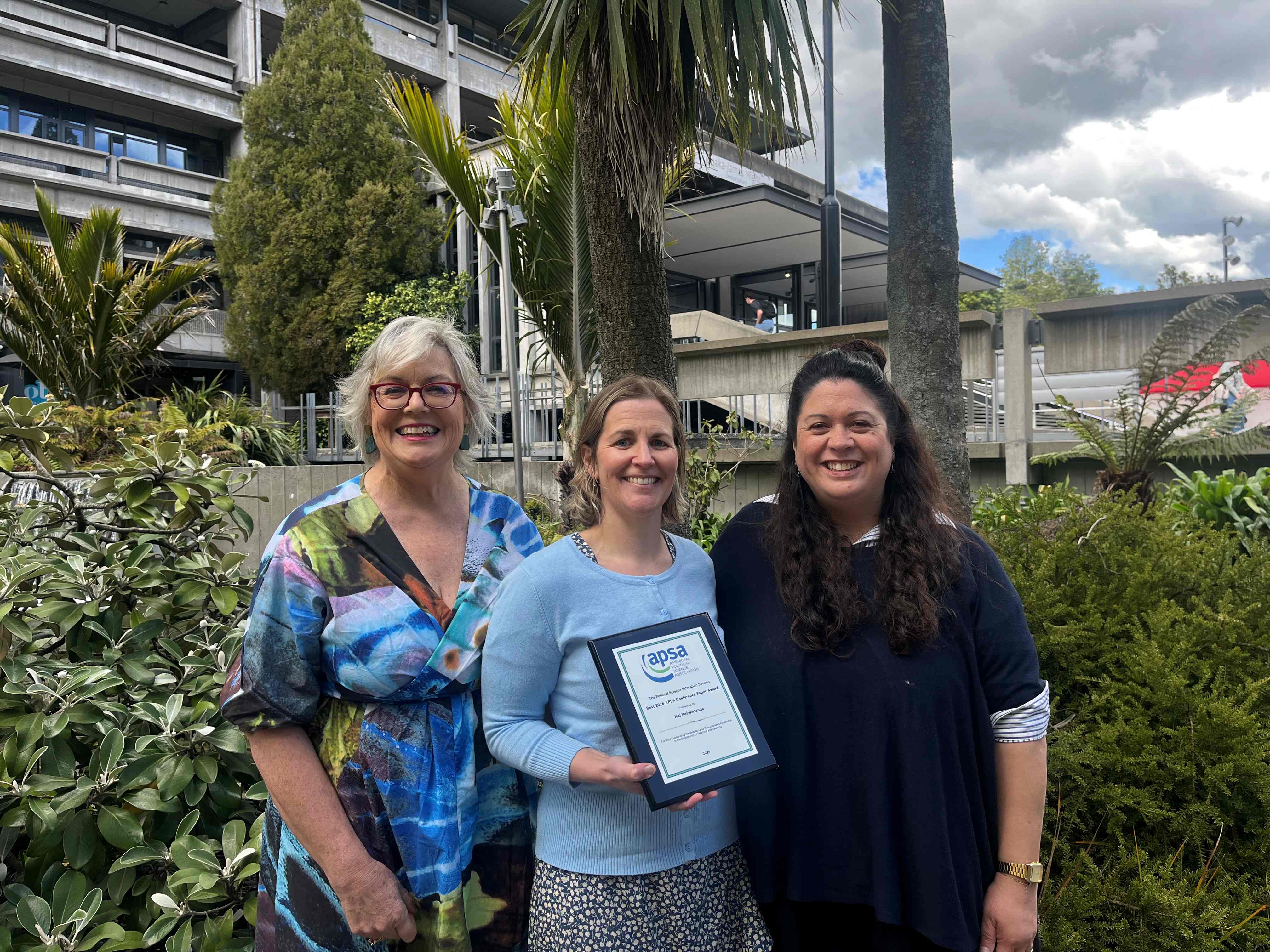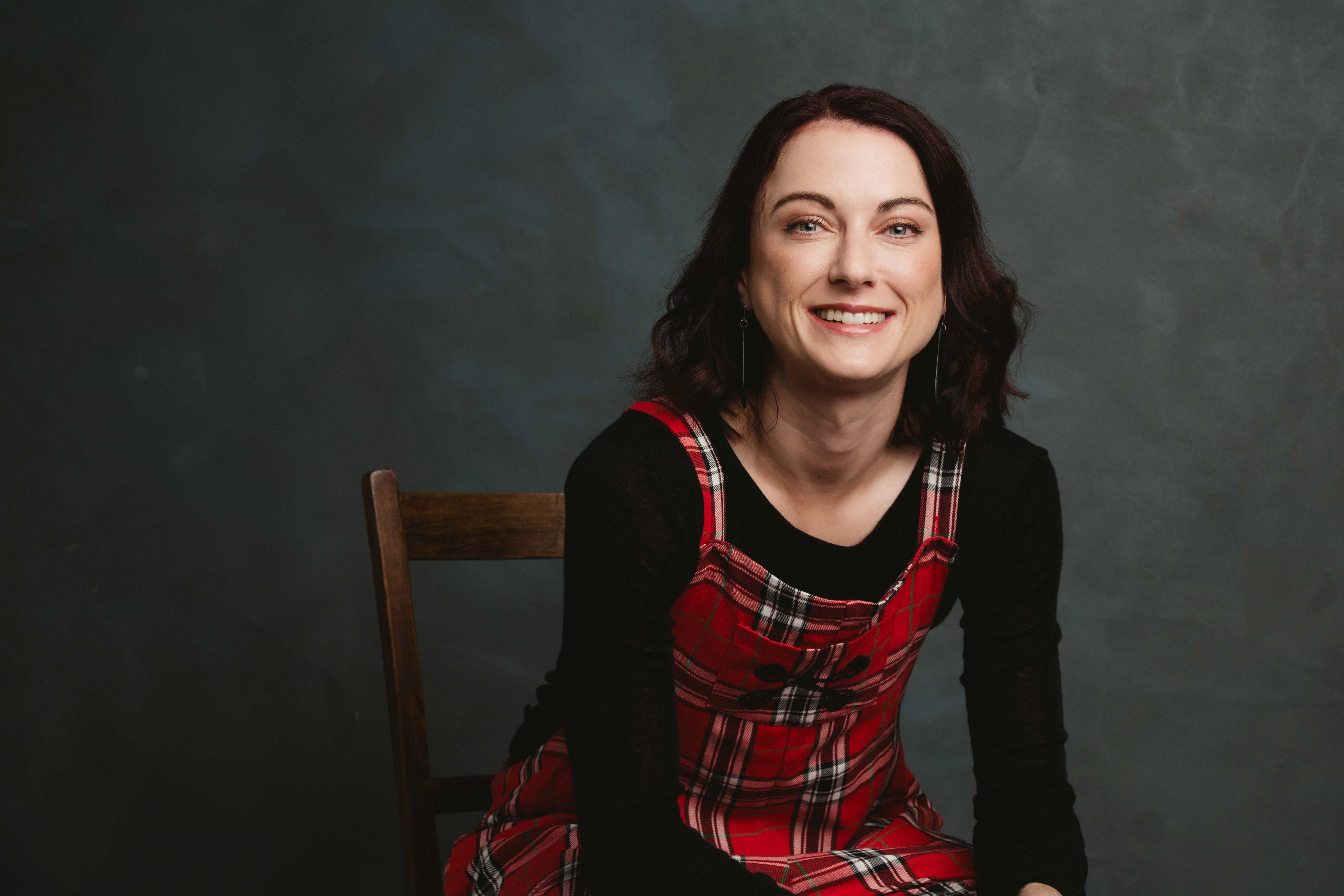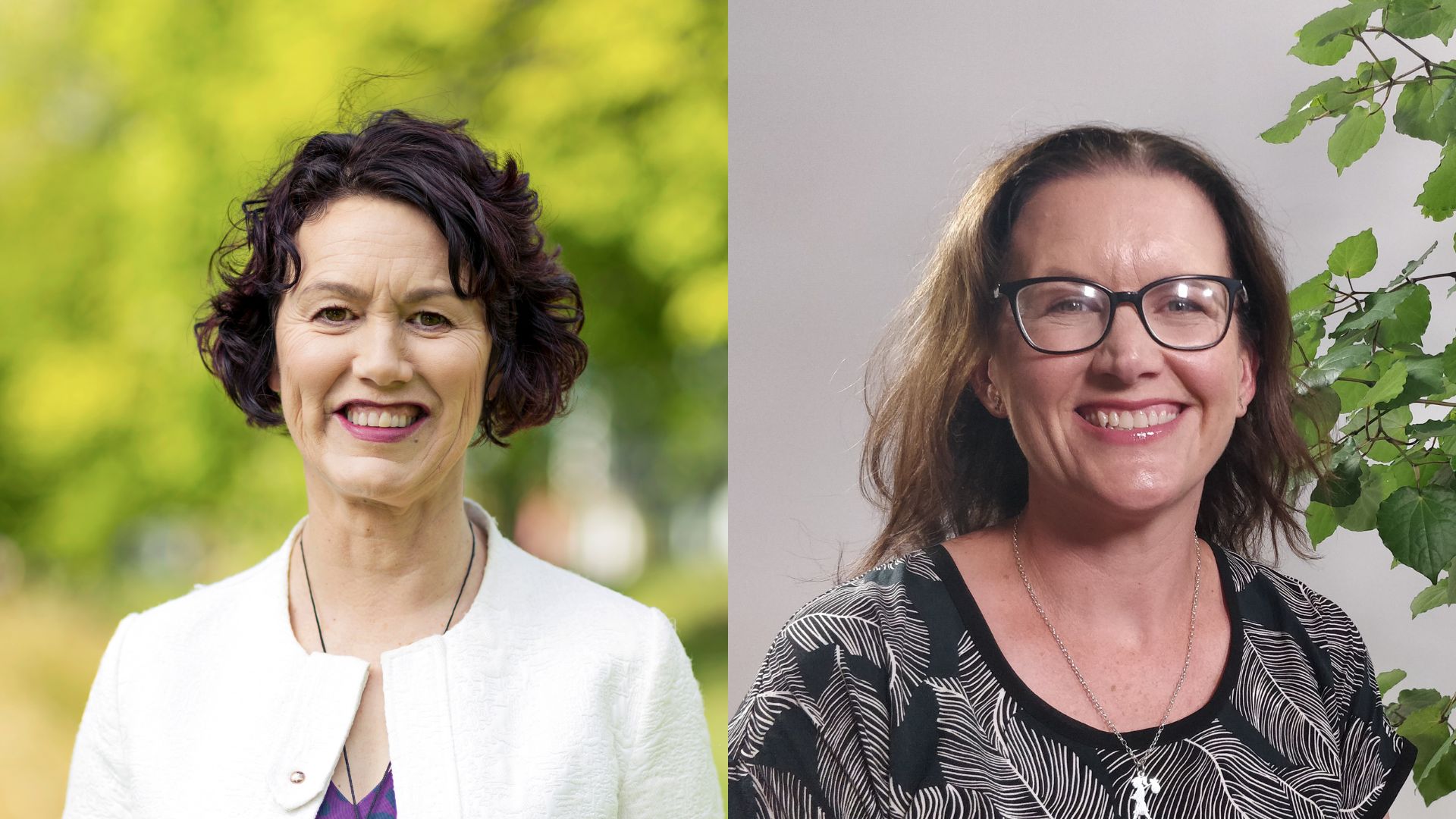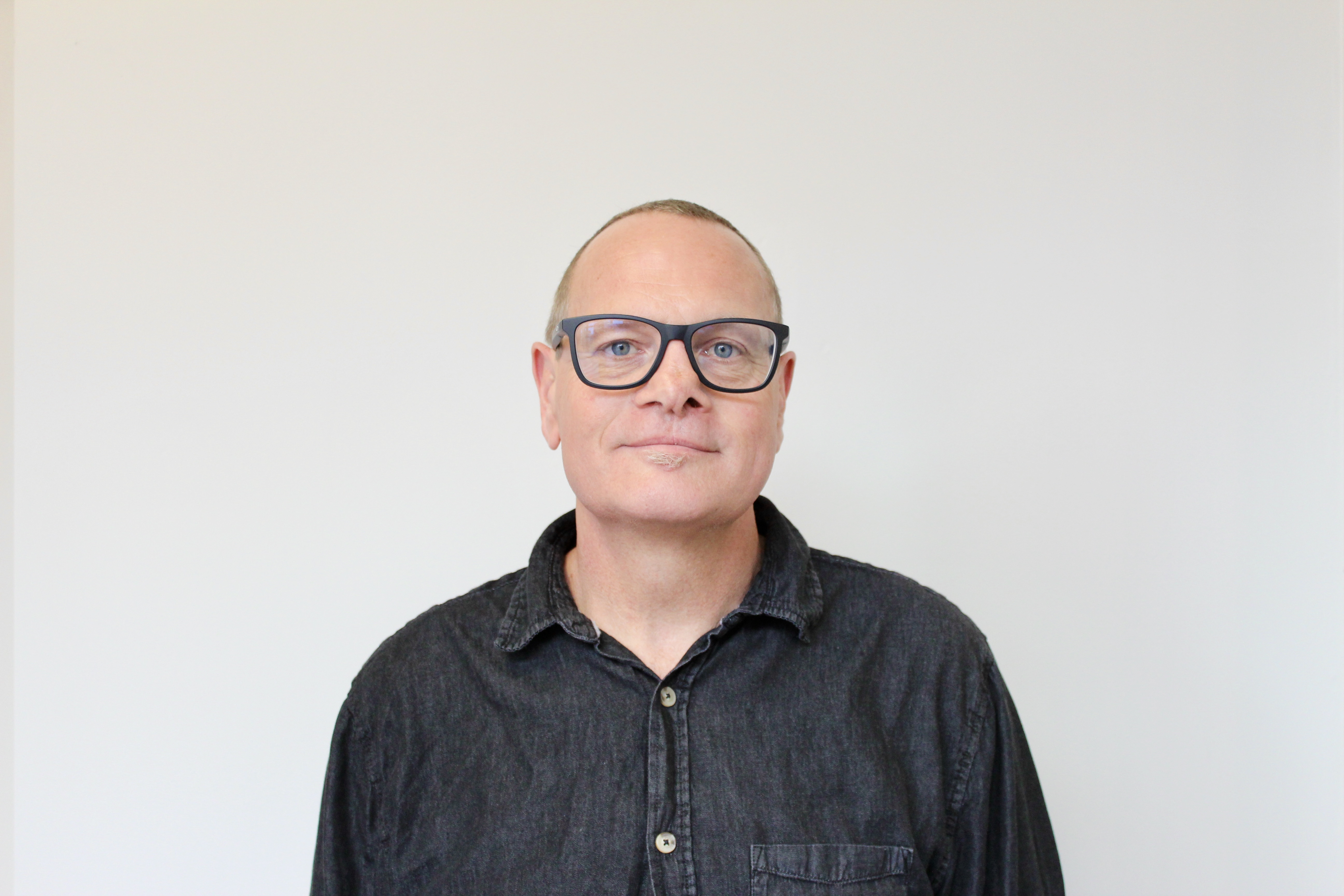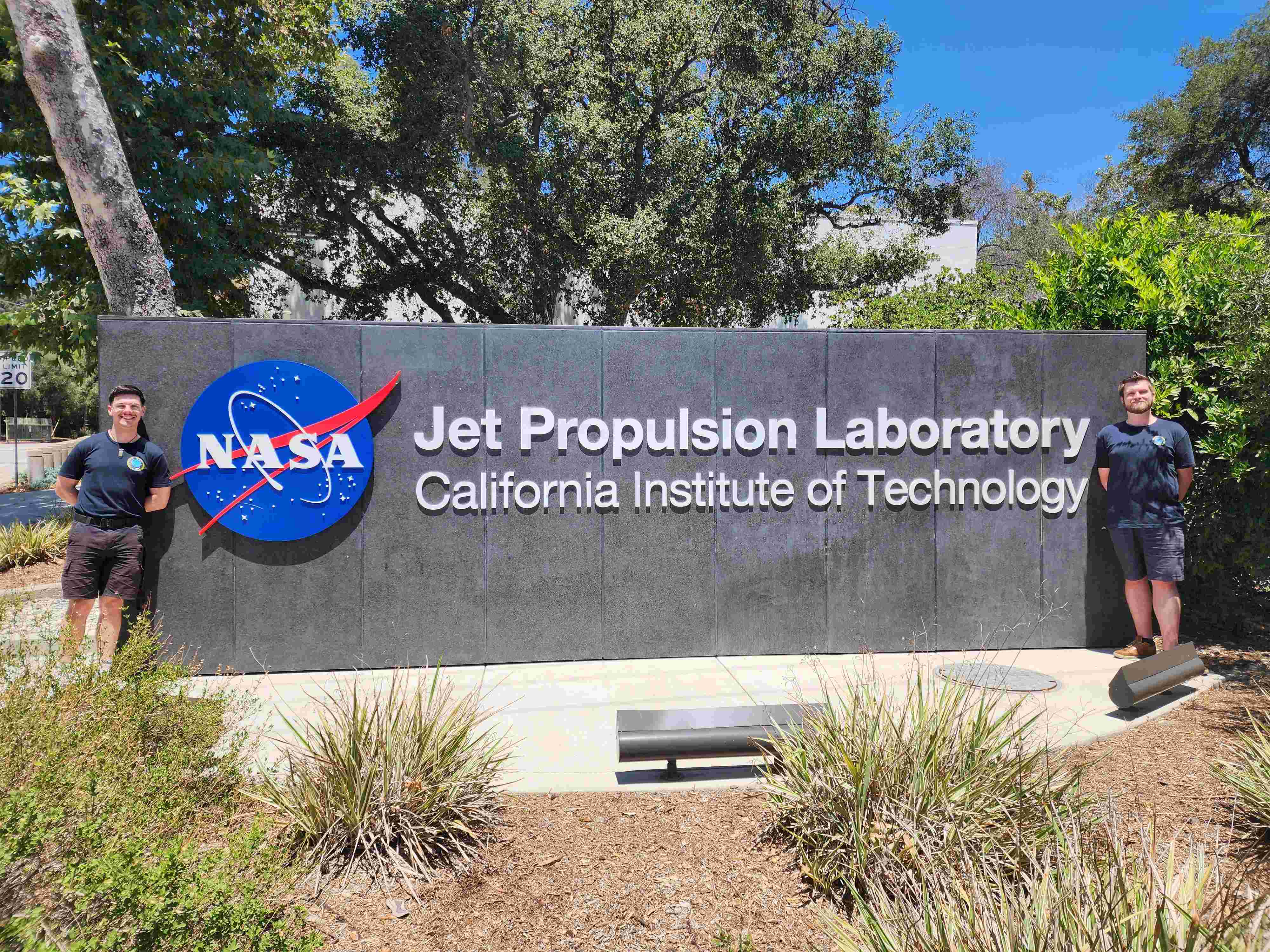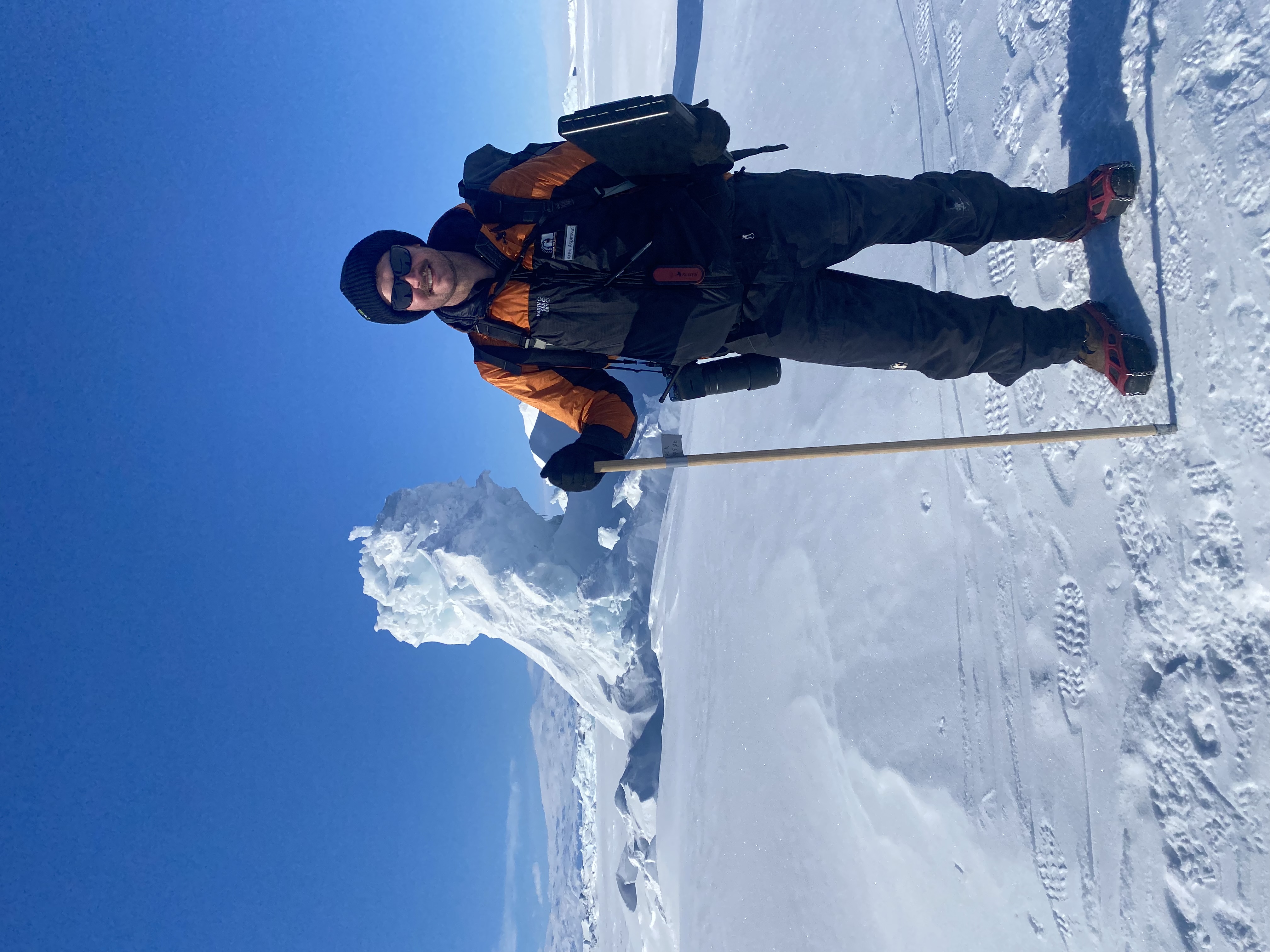HRC is a government agency that provides seed support for researchers with transformative, innovative, exploratory, or unconventional research ideas that could improve healthcare in Aotearoa New Zealand. The projects may be studied from a social science angle, as well as from the more ‘traditional’ science (those in the science, technology, engineering and mathematics (STEM) fields).
Eleven grants were awarded in this HRC funding round, four of which went to University of Canterbury researchers.
Dr Shinya Uekusa, Department of Sociology and Anthropology − Transforming crisis communication for linguistic minority communities
This project aims to enable more inclusive, effective and interactive crisis communication to improve health outcomes for linguistic minority communities. The project focuses on the experiences of linguistic minorities during the COVID-19 pandemic in Canterbury as a compelling, contemporary health and social crisis case study with important implications for the country in terms of community wellbeing and resilience. The aims of the research are to: explore linguistic minorities' experience of (or lack of) multilingual crisis communication and its impacts on their health and wellbeing; identify the opportunities for and barriers to effective multilingual crisis communication; and encourage discussion and raise greater awareness among stakeholders to continue to improve research and practice of multilingual crisis communication. The study will include minority language speakers who are recent migrants, as well as Māori and Pasifika communities.
Dr Joe Chen, Department of Electrical and Computer Engineering − Wearable ultrasonic array for non-invasive imaging and manipulation of the body
This research aims to develop a miniaturised, wireless and wearable ultrasonic device that can simultaneously image and manipulate the interiors of the human body. The device will consist of an array of ultrasonic transducers (components that generate sound by converting electrical energy to mechanical energy and receive sound by converting mechanical energy to electrical energy) that will be attached to the skin. Sound waves will be sent within the body and the echoes from the waves will be used to reconstruct images of the interior, which is the same process as regular ultrasound. The proposed device will be able to both see inside a patient’s body and move things around at the same time, such as foreign objects or unclogging an artery, all in real-time and non-invasively.
Dr Vanessa Morris, Biomolecular Interaction Centre Deputy Director and School of Biological Sciences − Do shed a tear for me: novel biomarker methods for Parkinson’s disease
Parkinson’s disease is an incurable, progressive neurological disorder that is projected to become increasingly common as our population ages. By the time the disease is clinically diagnosed, large numbers of nerve cells in the brain have already been lost. Better methods for early detection would be a major breakthrough, allowing for early intervention. Tear fluid is an easily accessible patient fluid that could provide a window into biochemical changes taking place in the brain. In this project, the researchers propose to discover biomarkers from reflex tear fluid of Parkinson’s disease patients. These biomarkers could be used for early diagnosis, for monitoring progression or for screening at-risk populations, and could benefit the health of New Zealanders, and people worldwide.
Dr Amy Yewdall, Research Fellow in Biochemistry, School of Biological Sciences − Unravelling the role of protein oligomerisation in acute myeloid leukaemia
Each year, around 740 New Zealanders are diagnosed with acute myeloid leukaemia (AML), a devastating cancer with a survival rate of just 25 percent. The understanding of the key mechanisms driving AML is incomplete, making effective treatments challenging to develop. To better understand the role of mutated nucleophosmin 1 protein (NPM1) in AML, cutting-edge techniques will be used to characterise its properties in a lab-created model of the nucleolus and translate these results into AML-specific tissue samples. This research has the potential to provide critical insights into AML and offer a new platform for the development of novel therapies.
Dr Yewdall’s research is being supported by the HRC Emerging Researcher First Grant. This grant supports emerging researchers who are seeking to establish independent health research careers in Aotearoa New Zealand and have not previously held a competitive grant.
If you or someone else you know at UC has a burgeoning idea to address a health-related topic, visit the HRC Funding Opportunities page.


